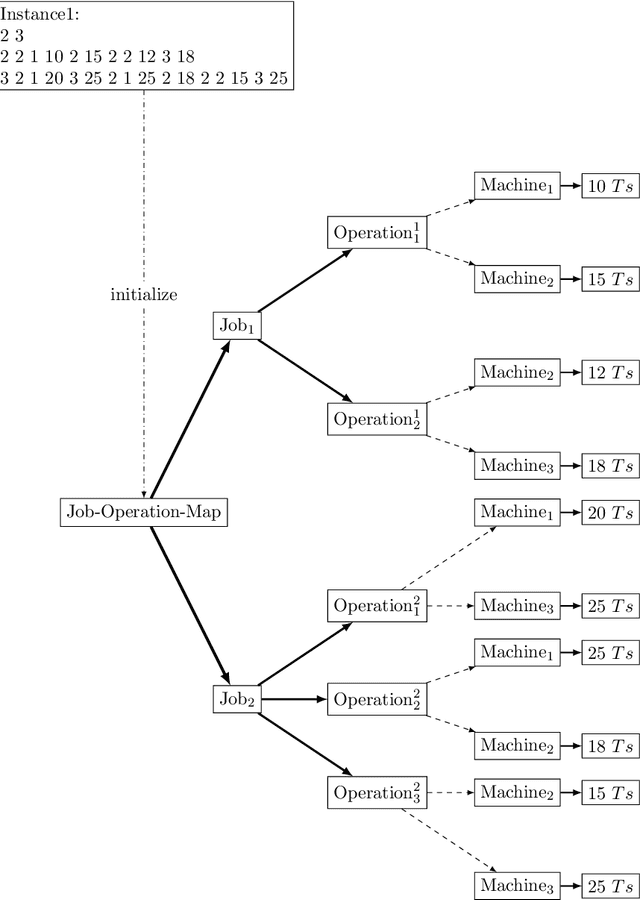Boyang Gu
On original and latent space connectivity in deep neural networks
Nov 12, 2023Abstract:We study whether inputs from the same class can be connected by a continuous path, in original or latent representation space, such that all points on the path are mapped by the neural network model to the same class. Understanding how the neural network views its own input space and how the latent spaces are structured has value for explainability and robustness. We show that paths, linear or nonlinear, connecting same-class inputs exist in all cases studied.
A Survey of Large Language Models in Medicine: Progress, Application, and Challenge
Nov 09, 2023

Abstract:Large language models (LLMs), such as ChatGPT, have achieved substantial attention due to their impressive human language understanding and generation capabilities. Therefore, the application of LLMs in medicine to assist physicians and patient care emerges as a promising research direction in both artificial intelligence and clinical medicine. To this end, this survey provides a comprehensive overview of the current progress, applications, and challenges faced by LLMs in medicine. Specifically, we aim to address the following questions: 1) What are LLMs and how can medical LLMs be built? 2) What are the downstream performances of medical LLMs? 3) How can medical LLMs be utilized in real-world clinical practice? 4) What challenges arise from the use of medical LLMs? 5) How can we better construct and utilize medical LLMs? As a result, this survey aims to provide insights into the opportunities and challenges of LLMs in medicine and serve as a valuable resource for constructing practical and effective medical LLMs. A regularly updated list of practical guide resources of medical LLMs can be found at https://github.com/AI-in-Health/MedLLMsPracticalGuide.
Reinforcement Learning Approach for Multi-Agent Flexible Scheduling Problems
Oct 07, 2022



Abstract:Scheduling plays an important role in automated production. Its impact can be found in various fields such as the manufacturing industry, the service industry and the technology industry. A scheduling problem (NP-hard) is a task of finding a sequence of job assignments on a given set of machines with the goal of optimizing the objective defined. Methods such as Operation Research, Dispatching Rules, and Combinatorial Optimization have been applied to scheduling problems but no solution guarantees to find the optimal solution. The recent development of Reinforcement Learning has shown success in sequential decision-making problems. This research presents a Reinforcement Learning approach for scheduling problems. In particular, this study delivers an OpenAI gym environment with search-space reduction for Job Shop Scheduling Problems and provides a heuristic-guided Q-Learning solution with state-of-the-art performance for Multi-agent Flexible Job Shop Problems.
 Add to Chrome
Add to Chrome Add to Firefox
Add to Firefox Add to Edge
Add to Edge